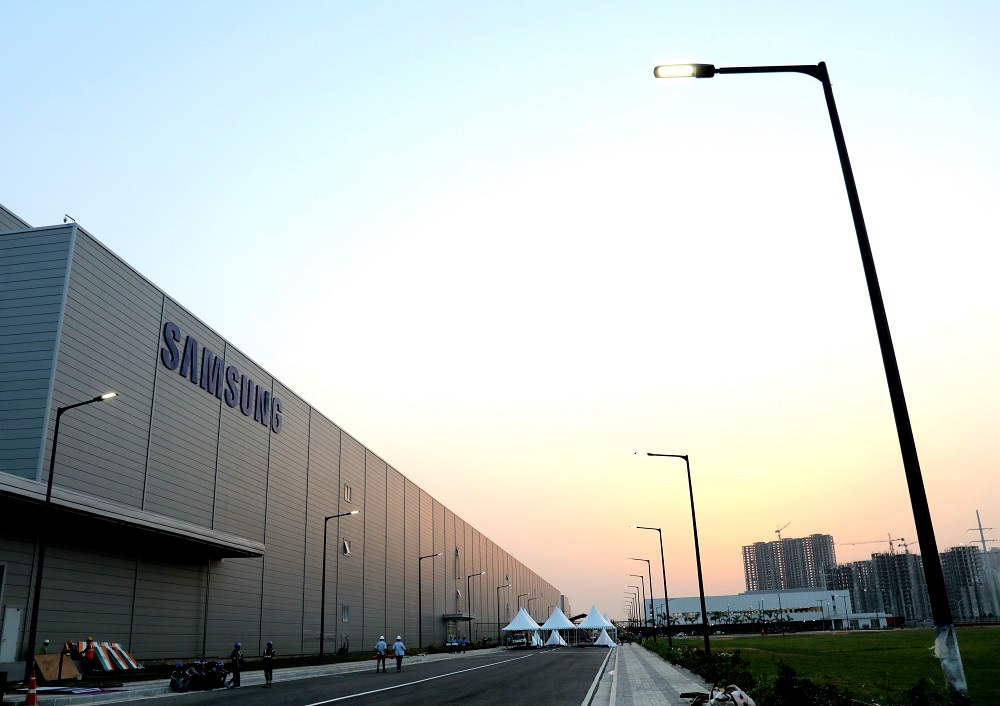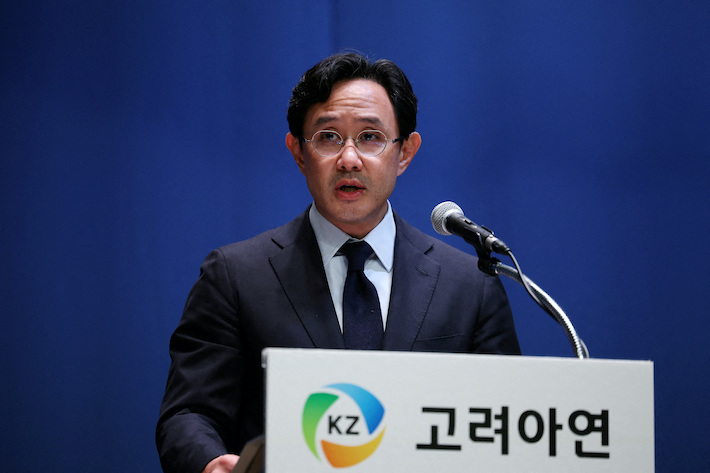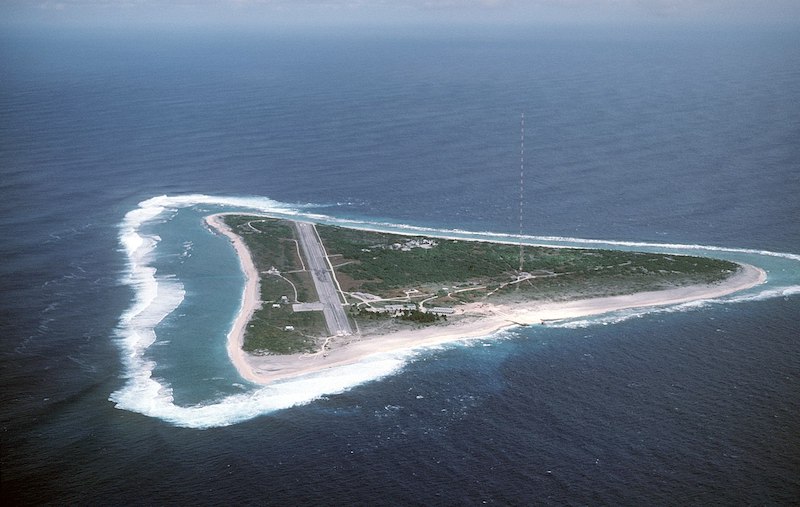(ATF) South Korean handset-maker Samsung and iPhone contract manufacturers Pegatron, Foxconn and Wistron have emerged as the biggest beneficiaries of India’s mega electronics manufacturing investment scheme the Production-Linked Incentive (PLI).
In response to Prime Minister Narendra Modi’s clarion call of ‘Atma Nirbhar Bharat’ – a self-reliant India- the Ministry of Electronics and Information Technology on Tuesday approved 16 proposals for manufacturing mobile devices in India under the scheme.
The move is expected to fetch $1.5 billion of additional investment in electronics manufacturing, that implies more than $143bn-worth of handset production over the next five years, 60% of which would be exported, a statement issued by the ministry said.
INDIA TECH: Startups strike back against ‘Big Daddy’
Samsung, Foxconn Hon Hai, Rising Star, Wistron and Pegatron were approved to make mobile phones with an invoice value of more than $200.
Apple and Samsung account for nearly 60% of Indian mobile phone sales, the ministry said, and clearly, “all iPhones and quite a few Samsung models – that sell way above $200 a piece – will command the lion’s share, of the incentives,” industry experts told ATF.
The PLI will also spur them to ramp up their manufacturing base in the country, they added.
“The incentives offered are based on production and the selling prices,” George Paul, CEO of the Manufacturers’ Association for Information Technology (MAIT) told ATF. “In India only foreign makers have the wherewithal to manufacture and also sell high-value handset, so the provisions will attract global majors in particular, because they have a much higher ability to add value.”
MAIT claims to represent 70% of the mobile handset makers in India, including Samsung, Apple, Xiaomi, and Wistron.
“Almost all international brands, thanks to the duty of 20% imposed on imported handsets, are already producing about 90% of the handsets they sell in India. Going forward these players will not only increase capacity but also increase value-addition,” Paul added.
Reuters reported last week that Foxconn, Wistron and Pegatron plan to make the investments to take advantage of the PLI.
In its bid to turn India into a global hub of high-quality smartphone manufacturing, Foxconn has applied to invest about $542 million, while Wistron and Pegatron have committed to invest close to $177m and $163m respectively, Reuters reported.
Samsung, which already runs its largest manufacturing facility in India, is finalising plans to make electronic devices worth more than $40bn in the country of which, around $25bn will be for smartphones priced more than $200, local sources added.
The $6.65bn PLI scheme offers these companies lucrative cash incentives, including a 6% financial boost on additional sales of locally manufactured products over five years, with 2019-2020 set as the base year.
Small wonder that of the $143bn of handsets expected to be produced under the PLI over the next five years, those priced more than $200 will account for as much as $122bn.
Boost for Chinese and local OEMs too
Indian companies that have won Mobile Phone (Domestic Companies) approval for PLI include Lava, Bhagwati (Micromax), Padget Electronics, UTL Neolyncs and Optiemus Electronics. They’re expected to expand their manufacturing operations “in a significant manner” and grow into national champion companies in mobile phone production, said the ministry.
“Indian brands would be gainers as well because local makers are not subject to the ($200) invoice value pre-condition and are thus entitled to the incentives regardless of the price of their produced handsets,” Bibhash Deb, VP legal and taxation, Lava International told ATF.
And, although none of the Chinese original equipment manufacturers (OEMs) in India – including Oppo, Vivo and Xiaomi – applied for the PLI, they could end up gaining too, sources added.
The three Chinese brands command almost 60% of India’s smartphone market in unit sell-through terms, and there are good reasons why they shunned the PLI.
“These brands are foreign, for which the cut-off point for the scheme’s eligibility is handsets with an invoice value $200 and above, which is way higher than their price threshold,” an industry source told ATF requesting anonymity because he is not an authorised spokesperson.
“Besides, the brands also procure their handsets from local contract manufacturers, for whom the invoice value cut-off does not apply and hence are eligible for the PLI incentives. For any foreign handset brand selling below the $200-price point, it makes more sense to outsource from local OEMs,” the source added.
This is why industry experts also expect that the Chinese brands could ramp up outsourcing from the local OEMs for cost savings.
Vocal for local
The six other OEMs that received approval to make in India under the Specified Electronic Components Segment include AT&S, Ascent Circuits, Visicon, Walsin, Sahasra, and Neolync.
According to the ministry, with demand for electronics in India expected to leapfrog in the next five years, the PLI will not only help in making India “vocal for local while aiming for global scale”.
But the companies approved under the schemes would also generate more than 200,000 direct employment opportunities in next five years along with creation of additional indirect employment of nearly three times that number.
Domestic value addition too could grow from the current 20% to 40% for mobile handsets, and up to 50% for electronic components, the ministry said.
“Overall, the PLI is a great initiative by India towards revival of the industry and economy,” said Deb of Lava.
























